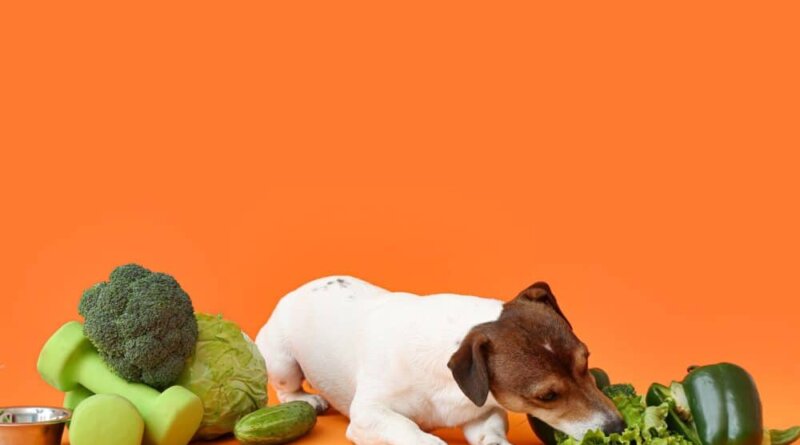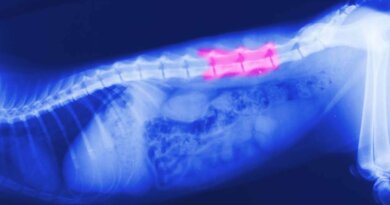What Vegetables Are Good For Your Dog?
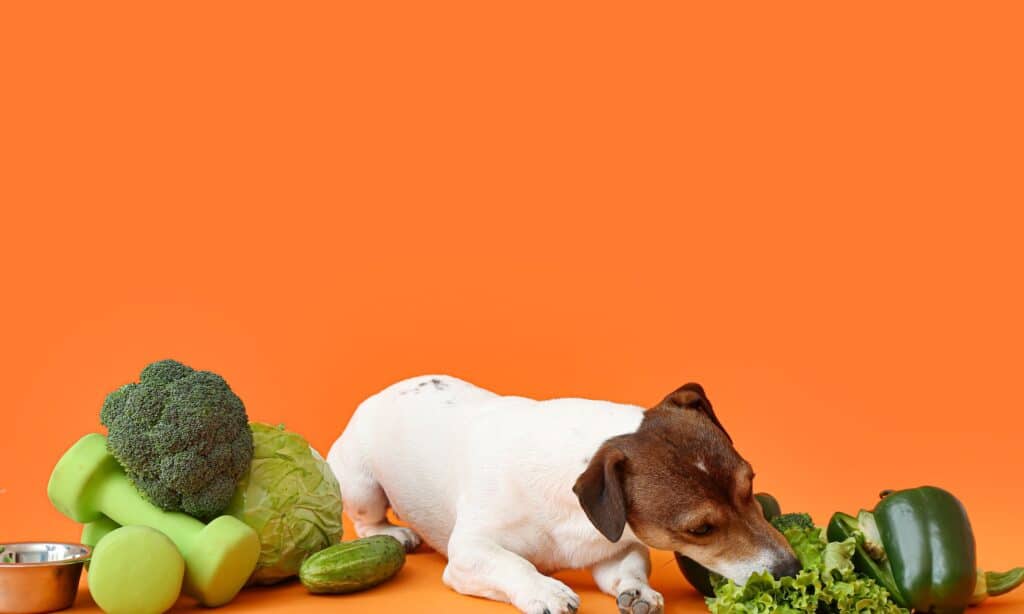
Vegetables are not just good for humans, but dogs too. Depending on the vegetable, they can eat it raw, steamed, cooked, grilled, or baked. Whatever way you choose, just remember not to put any seasoning in it.
Vegetables have many benefits for your dog. It’s rich in vitamins, minerals, phytonutrients, and antioxidants. They can aid with digestion, hydration, and alkalizing of the body. Overall, it’s a healthy food choice to incorporate into their diet.
There are many vegetables that are safe for your dog to consume, but some can be harmful to them. Check out this list for some of the vegetables you can feed them!
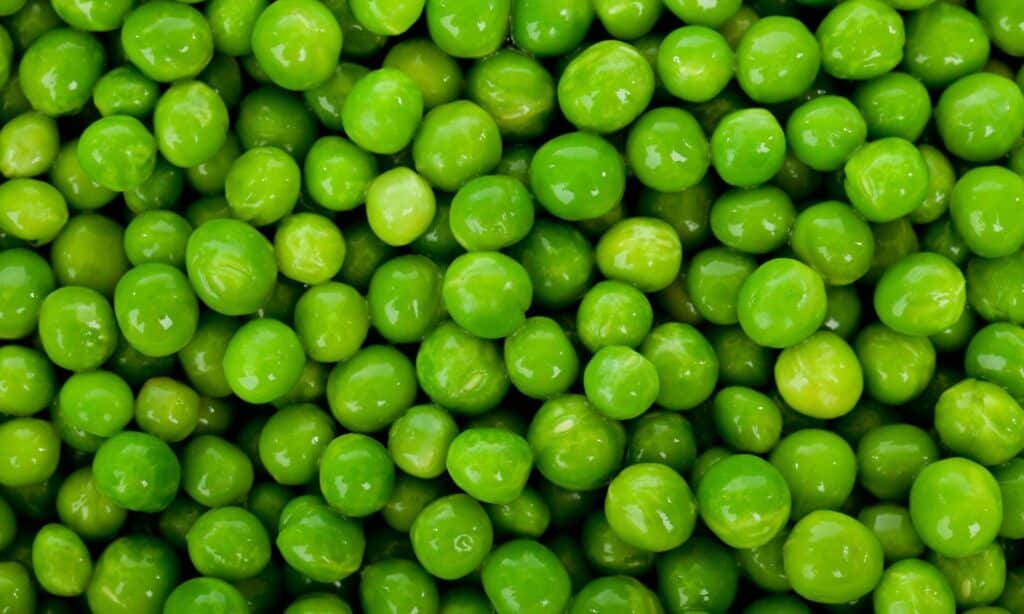


Peas
All of the pea varieties—snap, English, sugar, and snow peas—are excellent vegetables for dogs. The majority of the B-complex vitamins, along with Vitamins A, C, and K, are all abundantly found in peas. They are also a great source of fiber, folic acid, and protein. Just stay away from canned varieties because they may be higher in sodium or preservatives.
Peas are excellent for increasing the protein content of homemade dog food, but keep in mind that your dog will not be able to absorb plant-based proteins as effectively as animal-based proteins. As a result, avoid substituting peas for meat.
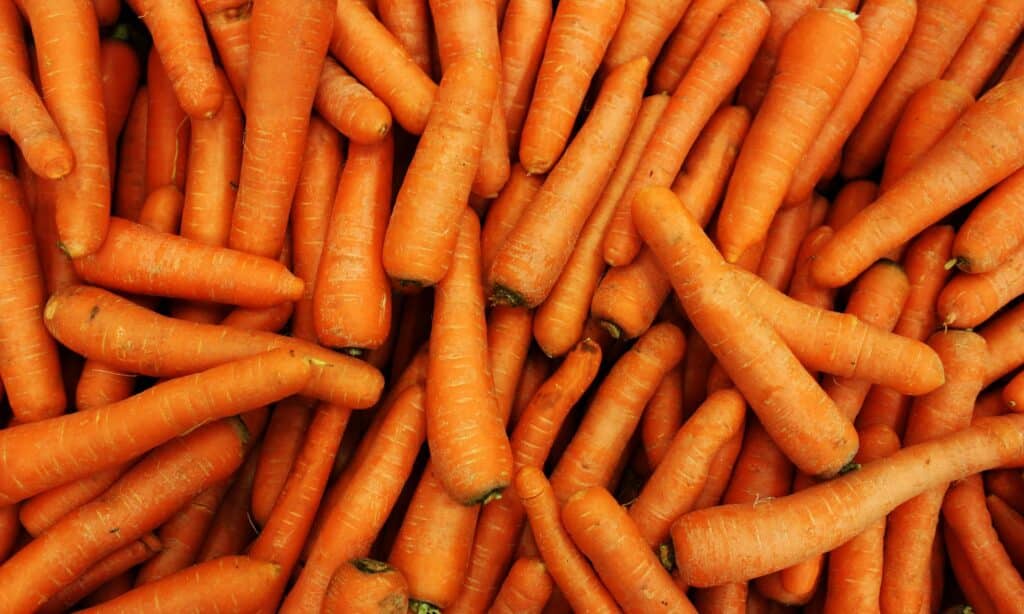


Carrots
Dogs love carrots. It’s crunchy and fun to chew on. Additionally, chewing them prevents plaque buildup. Carrots are a great snack for dogs because they can be consumed raw, have few calories, and cause less gas. It offers plenty of fiber in addition to vitamins B, C, D, E, and K. If you want to give your dog some hydration that is vitamin-rich, you can even give them carrot juice instead of water. On a hot day, chilled grated carrots also serve as a refreshing snack.
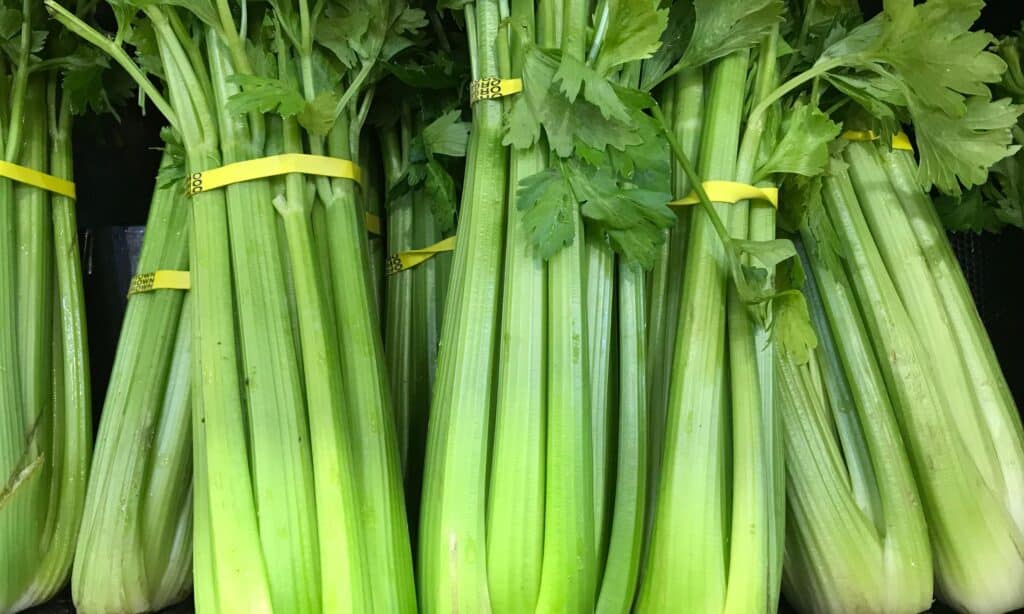


Celery
Celery contains numerous vitamins, including antioxidants A and C, that will keep your dog healthy and even help to freshen their breath. It’s a healthy option for dogs, whether it is cooked or raw, and many of them love its incredibly crisp texture.
Before giving the celery stalk to your dog, spread a tiny dollop of unsalted peanut butter on it for an extra-special treat. However, keep in mind that not all dogs respond well to celery, so you should avoid giving it to your dog if they experience gastrointestinal problems or experience urinary changes after eating.
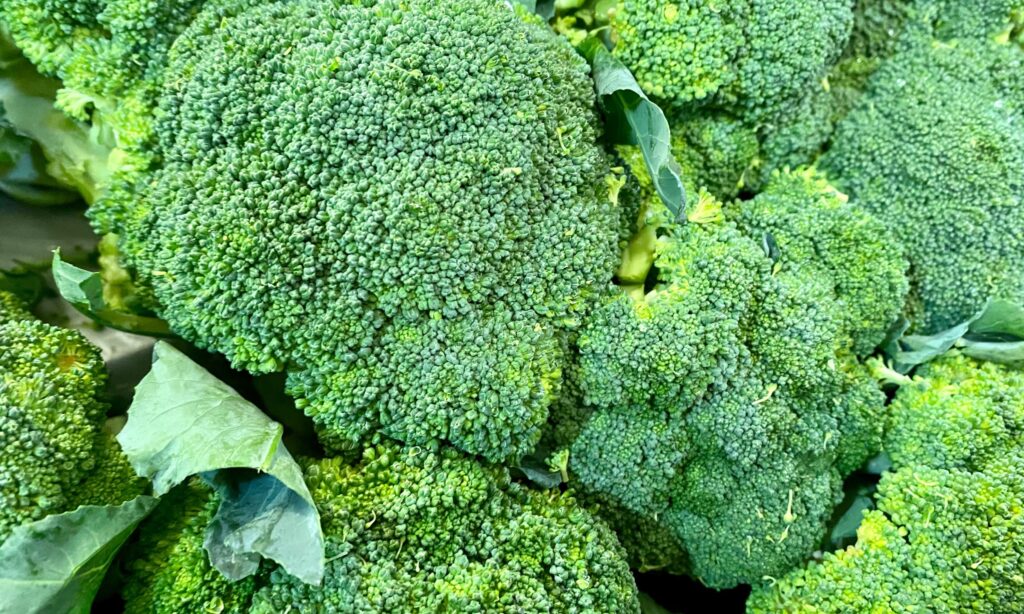


Broccoli
Numerous vitamins included in broccoli, such as vitamin K, vitamin C, and potassium, help dogs’ hearts and bones and fight disease. Just be careful not to overfeed your dog because it could irritate their stomach. Isothiocyanates are a group of chemicals found in broccoli. And when eaten in large amounts, they can cause mild to severe stomach discomfort in some dogs. When serving broccoli, moderation is certainly the key. Additionally, be sure to slice the stalks properly since if they are too large, they could become stuck in your dog’s throat.
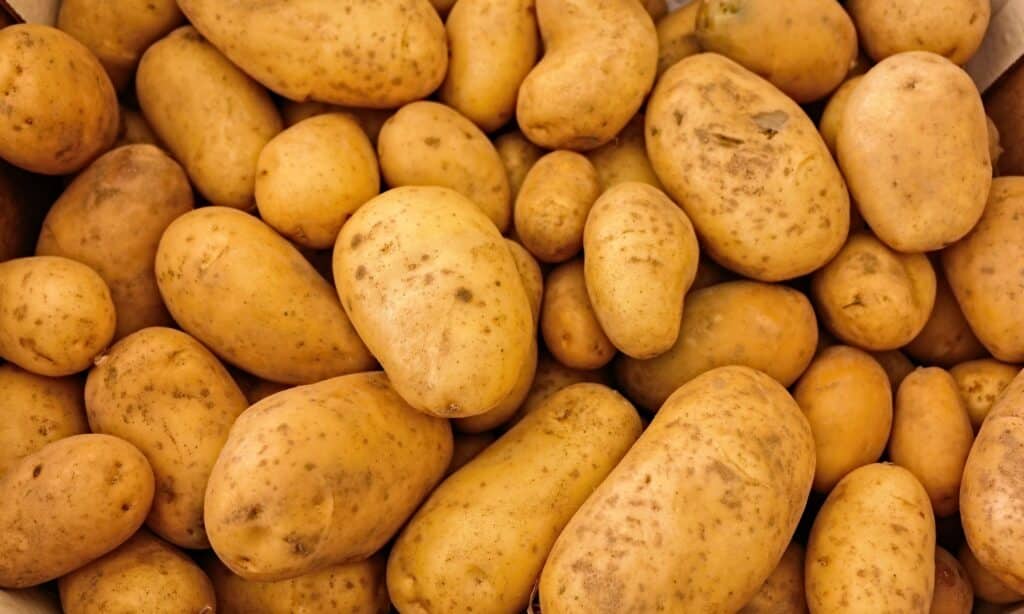


Potatoes
Since so many dogs love them, potatoes are frequently found in both commercial and homemade pet diets. Potatoes do include some Vitamin C and a bit of Vitamin B6, even if they aren’t as nutrient-dense as some of the other vegetables on this list. In order to make raw potatoes easier to digest and reduce the danger of obstruction when swallowing, you can steam or blanch them before blending them into a puree.
A dog’s primary dietary need is meat, so following a strict vegetarian diet can be difficult. It takes a lot of planning and preparation to supply a dog or puppy with the proper nutritional balance they require without meat. When giving your dog vegetables, consult your veterinarian for more information.

